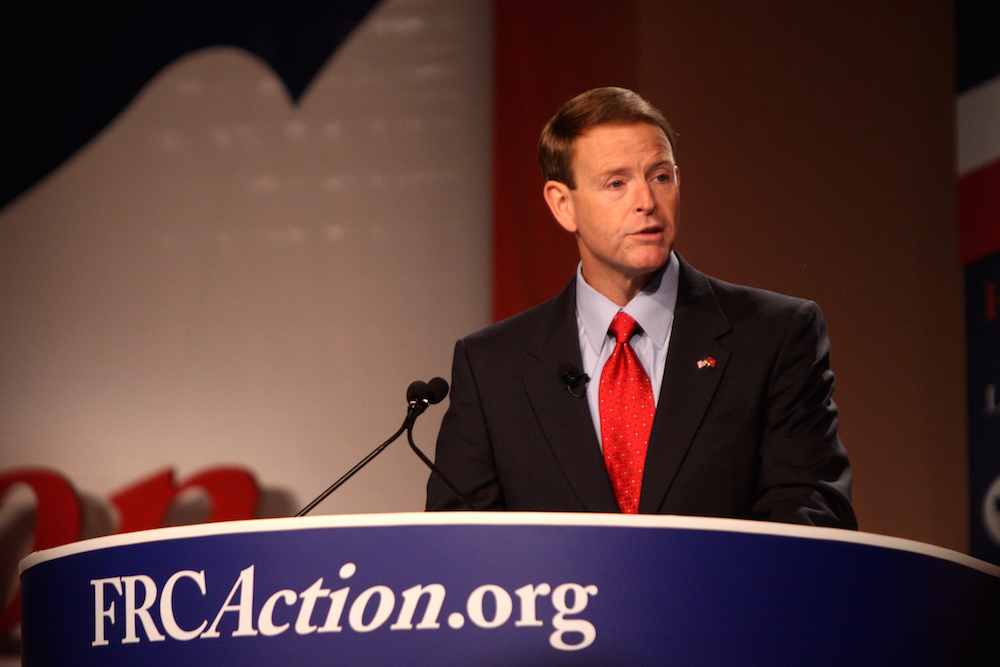Note from Jake: This is part three of Matt’s series on social conservatism from the fall of 2012 which we are re-publishing this week.
Let’s start today with a detour through David Brooks’ column from this week, which hits on some of the themes I addressed on Monday and Tuesday:
Login to read more
Sign in or create a free account to access Subscriber-only content.
Topics:
